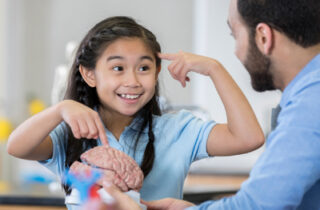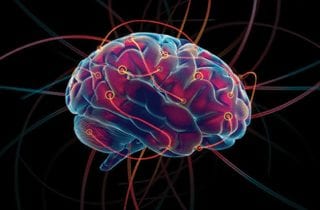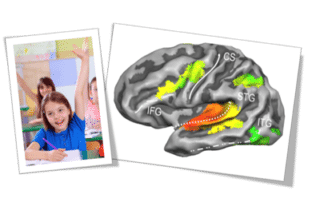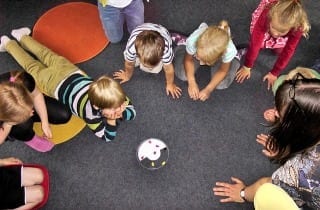Presented by Liesl McConchie, Education Training Consultant, Math With the Brain in Mind; and Jay Meadows, CEO, Exemplars
Presented by Paige Cullen Pullen, Ph.D., Chief Academic Officer, Lastinger Center for Learning, University of Florida; and Sarah DeCotis, National Literacy Director, Age of Learning
The goal of this edWebinar is to empower educators, our main brain changers, to feel engaged and confident as we enter a new era of education, which includes online transitions and increasing learning struggles in students.
In this edWebinar, Dr. Vera Blau-McCandliss, Vice President of Education and Research at Square Panda, focuses on the science of early reading development.
During this webinar, attendees will experience at least ten of the 20 strategies that all teachers should use to deliver instruction, regardless of the grade level or content area of the student. These brain-compatible strategies are used most often in kindergarten but should be used by all teachers to maximize memory and minimize forgetting.
In this webinar, Dr. Bruce Wexler, Professor of Psychiatry at Yale University, will share about the science behind Executive Function and how brain training can be used to strengthen these skills.
Research continues to emphasize how important the first five years of a child’s life are for brain development. Music can be an enjoyable and easy way for educators to support the development of important structural changes, neurological processes, and cognitive skills during this very active time of brain development.
Emotional & social development often takes a back seat to cognitive processes involved in math readiness and reading readiness when the topic of academic learning is being addressed. However, the neuroscience literature demonstrates that emotional and social development goes hand-in-hand with cognitive development.
New and effective approaches to learning and teaching in the school library program were shared in this webinar. This one hour could transform your library into a Think Tank! With strong rationale for brain-based learning coming from successful practice, neuroscience, and standards reform, presenters Paige Jaeger and Mary Ratzer explored why and how it works.
Creativity and innovation are now seen as high priorities in virtually every human endeavor, spanning academic, business, and artistic domains. Some say we have left behind the “information age” and entered the “era of creativity,” in which our role as educators is to define and teach students how best to maximize their uniquely human creative potential.











